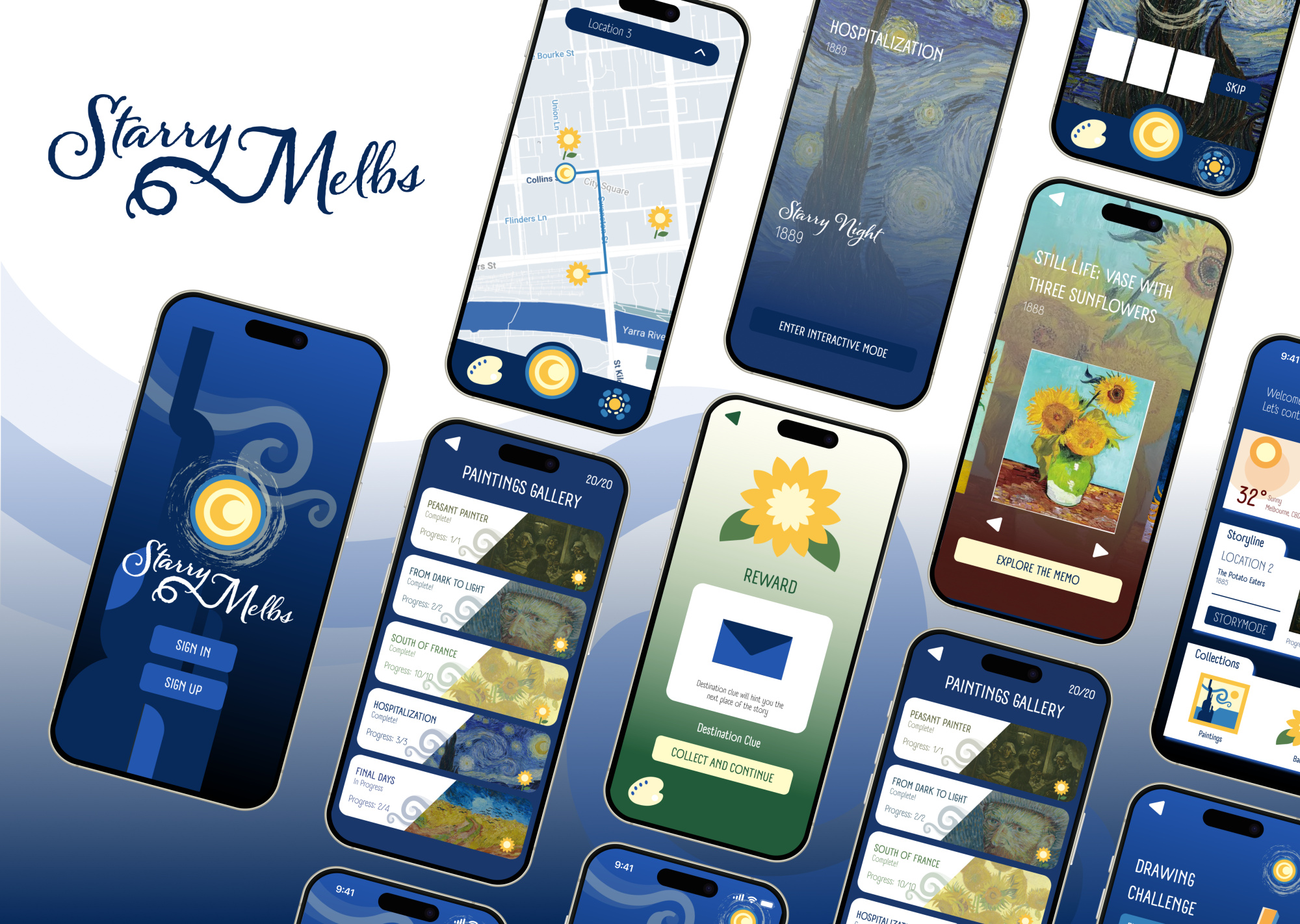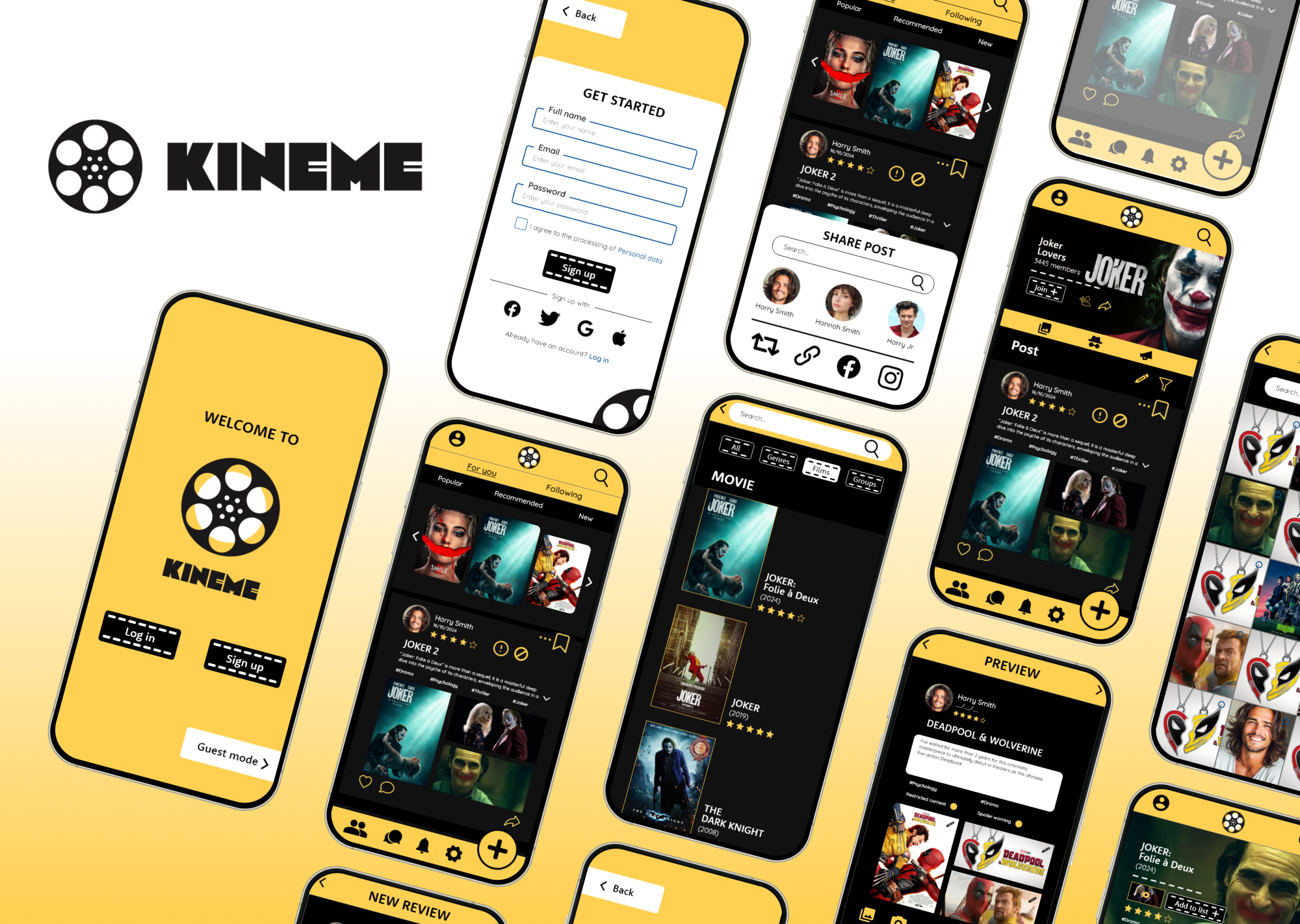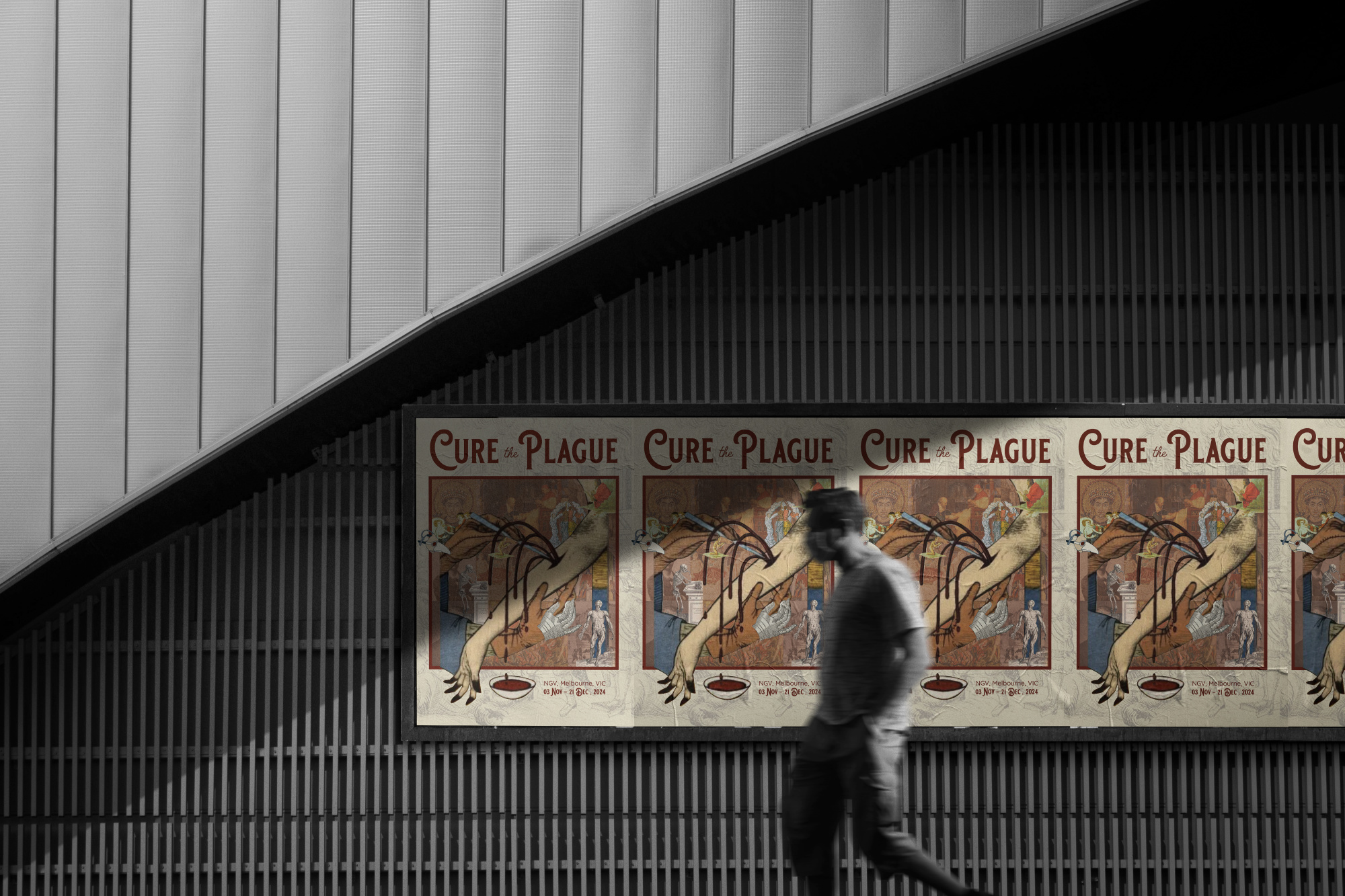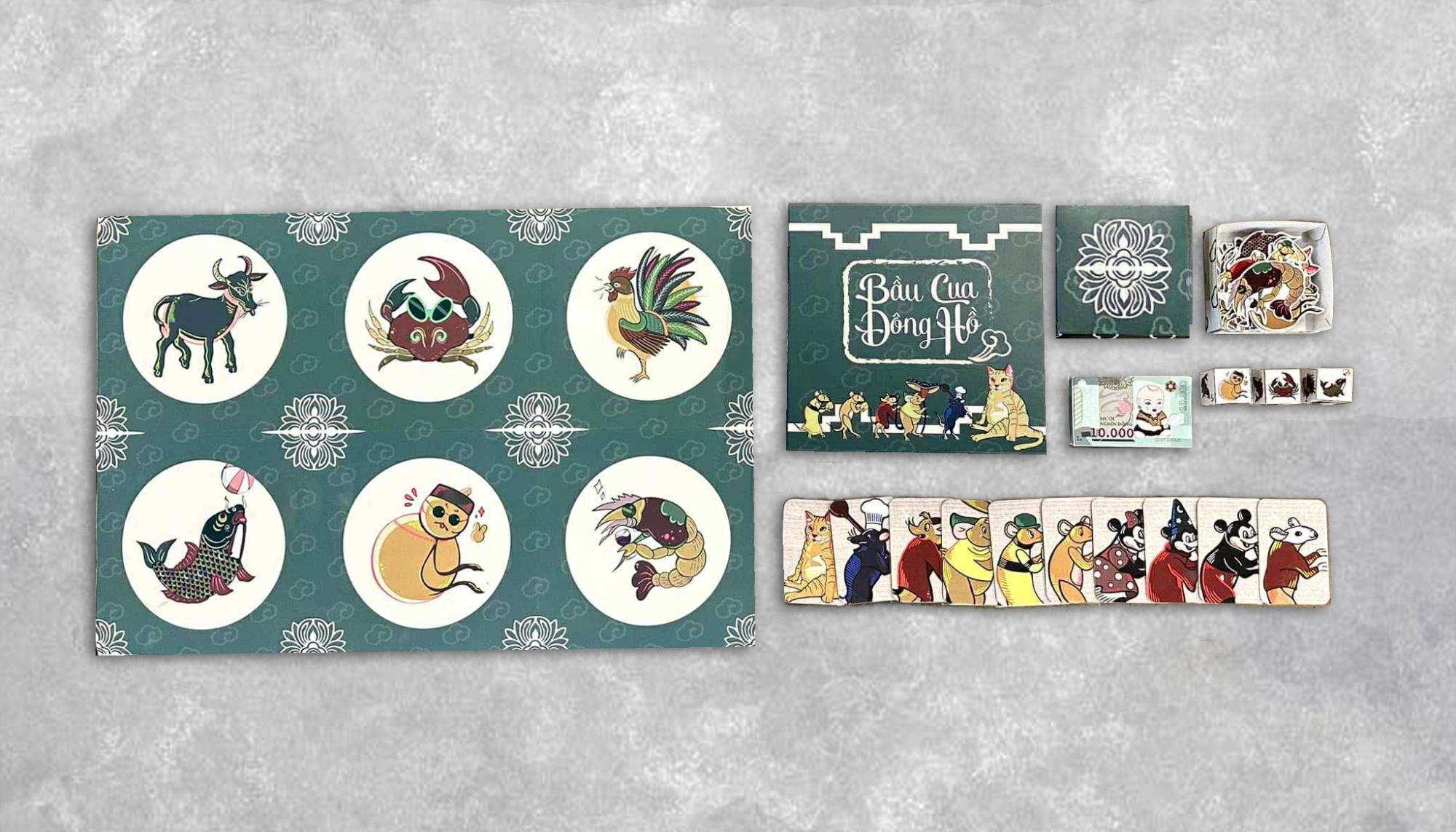I’m a UX Interaction Design student passionate about shaping user flow across digital and physical spaces. My interest began with exhibition design, where I learned to guide users through purposeful, story-driven environments. I enjoy exploring ideas and organizing them into clear, intuitive journeys. Familiar with communication and motion design tools, I focus on creating experiences that balance structure, usability, and emotional impact, always with the user’s perspective at the core.
Thi Thanh Mai Nguyen

Starry Melbs
Starry Melbs is a poetic, location-based mobile game that transforms Melbourne into a living canvas inspired by Van Gogh’s life.

Kineme
Kineme is a movie-sharing platform where fans discover, review, and share films with deeper insights and community-driven recommendations.

DUCKYS
DUCKYS is a safety bathroom system that supports safe, intuitive bathroom routines for older adults. It combines sensor surfaces, a ducky companion, and a tablet application for remote control and customize.

Cure the Plague
Cure the Plague is an immersive exhibition tracing the origins of the plague and exploring how different eras responded to its devastating and deathly impact.

Bầu Cua Đông Hồ
Bầu Cua Đông Hồ is a vibrant reimagining of the traditional Bầu Cua board game. This packaging design blends the timeless charm of Đông Hồ Vietnamese folk art with a bold, modern color palette.